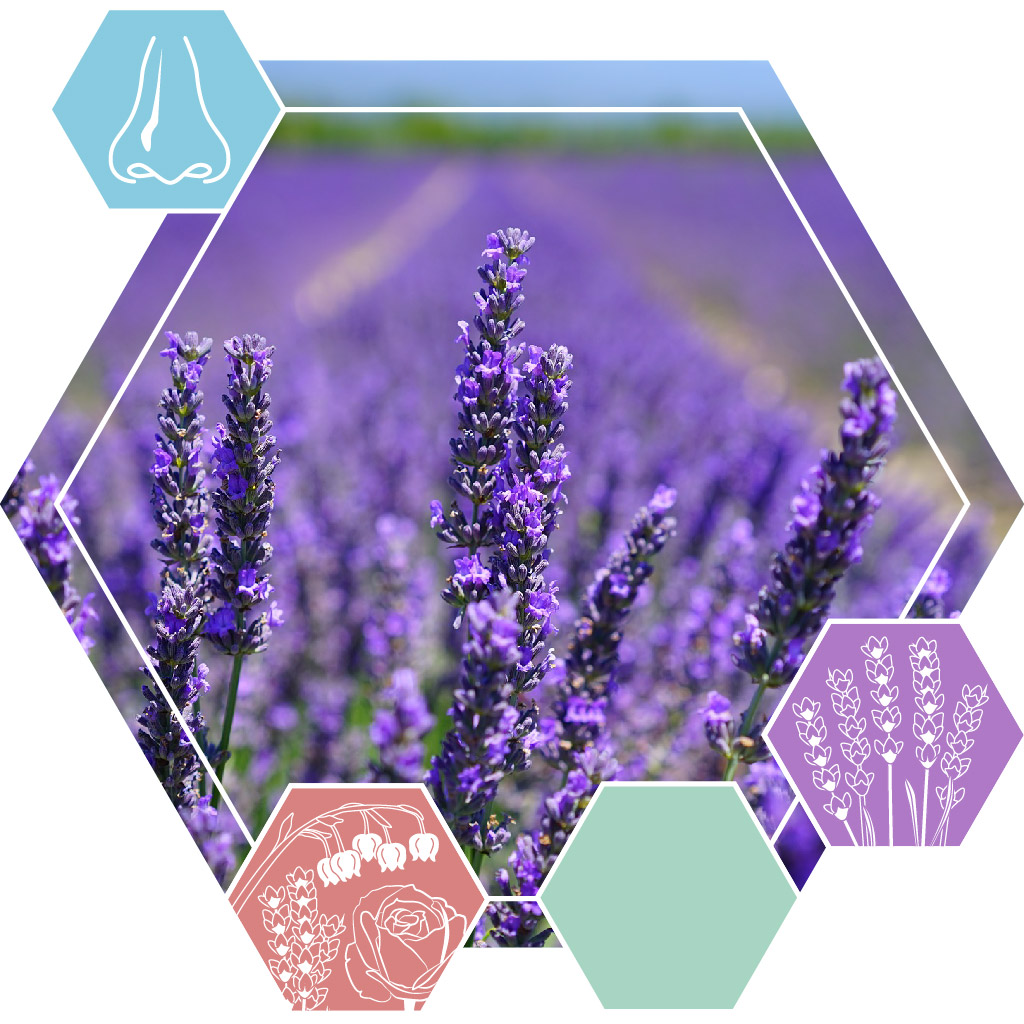Description
Ethyllinalool is an aromachemical for use in, for example, perfume, cosmetics, soap, candles and air fresheners.
Attention!
Before purchasing, read all information below and thegeneral product information.
Not intended for use in food, vape liquids or other internal use.
Intended to be mixed with other fragrances: on its own, the scent can be boring or even unpleasant.
Do not use undiluted on the skin: it is a raw material, not a final product.
Use
Ethyllinalool has a green, herbal, floral scent that is reminiscent of lavender, rosewood and bergamot, among others. The scent is not particularly strong, undiluted use is common. Typical use is in fresh green floral accords. You usually use between 0,1% and 15% of this substance in the fragrance composition, but a bit more is fine. It is almost as universal as linalool: it goes with almost everything. Compared to linalool it is somewhat less volatile and has a bit more of a wood and a bit less of a citrus aspect. In perfumes it is mainly a top note, it is stable in most products, including soap. Only in bleach and very acidic products such as deodorant it is less useful.
Store in a cool, dry, dark place and out of reach of children.
Properties
Ethyllinalool is a colourless to light yellow liquid at room temperature. The substance has a fairly long shelf life. It does not occur in nature, it is a synthetic substance.
Technical details
Density: 0,86
Log p: 3,3
Vapour pressure: 18 Pa
Melting point: -73 °C
Boiling point: 215 °C
Molar mass: 168
Packaging
The 10 and 50 ml packaging is made of brown glass with a black cap. The 250 g and 1 kg packaging is made of aluminium with a white cap. Closure is always with normal closing caps, for dosing small quantities we recommend the use of plastic pipettes.
Sustainability
This fragrance is made from petrochemicals such as petroleum. The degradability in the environment is reasonable.
Hazards
Ethyllinalool is classified as a hazardous substance, with the following characteristics:
WARNING
H315 - Causes skin irritation.
H317 - May cause an allergic skin reaction.
H319 - Causes serious eye irritation.
It contains a small amount of the allergenic substance linalool.
Codes
Article number: 23073
Dutch name: Ethyllinalool
EC number: 233-732-6
CAS number EU: 10339-55-6
CAS number TSCA: 10339-55-6
INCI: ETHYL LINALOOL




